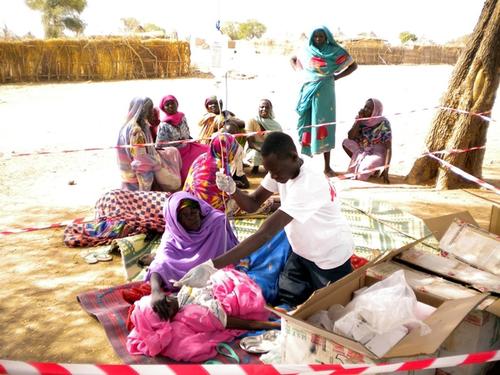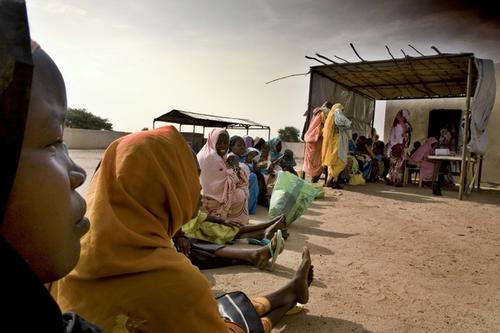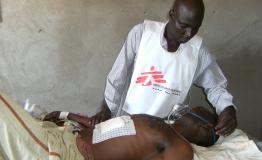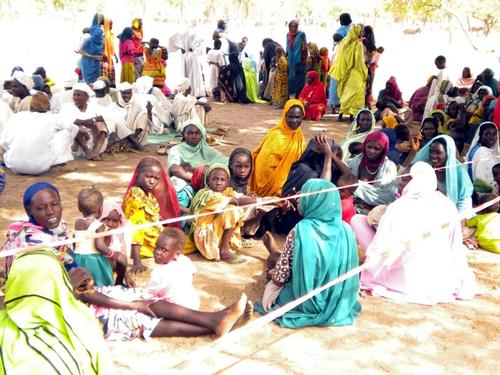Paris - Between January and May 2013, tens of thousands of Darfuri refugees and Chadian returnees have fled violent clashes in Darfur and sought refuge into Tissi area, southeast of Chad. Conducted early May, a retrospective mortality survey published today by Médecins Sans Frontières (MSF) reveals that 93 per cent of the deaths among displaced have occurred in Darfur before reaching Chad, and were mainly caused by violence.
MSF received reports of displacement in early March while conducting a yellow fever vaccination campaign in Goz Beida district. A few weeks later, MSF started providing emergency medical care, shelter materials, clean water, and hygiene items to the refugees and returnees in the Tissi area.
Most deaths occurred in Darfur
In order to better understand the circumstances of these large displacements of population, MSF commissioned Epicentre, MSF’s epidemiological research branch, to conduct a retrospective mortality survey in Haraza and Tissi settlements from May 9-18. Information was collected from more than 15,000 people among 2,658 households – evenly divided among refugees and returnees. In testimonies to the MSF team, refugees describe attacks in which people were shot, villages burnt to ground, and looted.

The first significant finding was that the majority of the deaths occurred in Darfur prior crossing the border into Chad. “This survey confirms that violence in Darfur is indeed the major cause of mortality among refugees,” says Delphine Chedorge, MSF emergency coordinator. The report highlights that 61 per cent of the 194 reported deaths were caused by violence, most of them (111 out of 119) by gunshots and linked to specific episodes of violence preceding the two major waves of displacements, one in early February and the other in early April.
“I was in Abugaradil when I saw vehicles entering,” said Sadam*, a 33 year-old refugee who arrived in Tissi in April. “I was hit by a stray bullet which entered my right arm. Many villagers were killed. My brothers put me in a cart and carried me for one and a half hours to reach the hospital in Tissi.”
Gunshot wounds
The vast majority of refugees interviewed by MSF in Tissi came from Abugaradil. They reported 71 violent deaths for this one village when it was attacked between April 2-9. “These results characterise an episode of acute violence in Abugaradil, and raise serious concerns over the humanitarian situation in the area,” says Delphine Chedorge.
From June to September, the rains isolate most of the Tissi area and aid operations have to be scaled down. An MSF team has nevertheless remained in Tissi town and continues to receive and treat patients.
In the past week, MSF teams have treated 30 new injured patients, 13 of whom suffered from gunshot wounds, and were evacuated to the nearby town of Abeche for emergency surgery. It is the largest wave of wounded MSF has seen in the last two months.
*Name has been changed
MSF works in Chad since more than 30 years, and in addition to emergency response operations, the organisation runs regular projects in Abeche, Massakory, Am Timan and Moïssala.





